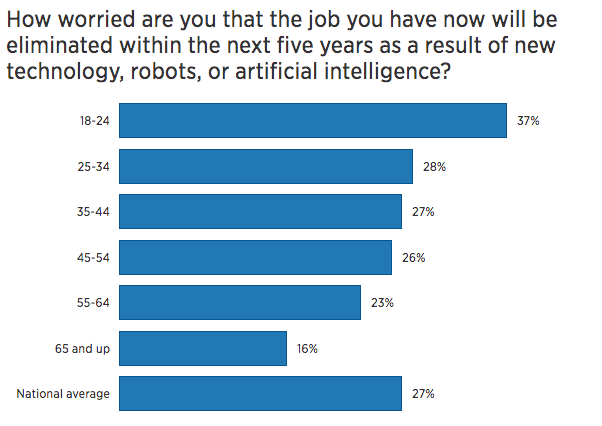AWS vs Azure Vs Google Cloud ..?
- Pavan

- Jan 24, 2020
- 3 min read
Updated: Jan 29, 2020
There are many players in Public Cloud space race , However there are only three players who standout from others "AWS , Azure , Google Cloud" .
Amazon Aws is particularity dominant around 200+ services now. However it is hard to say how long Aws will be holding the No 1 Spot, As Azure and GCP relentlessly trying hard to reach the top spot.

I would like to review these cloud players on only factors that are most important from a organizations perspective :
Availability Zones and Latency :
One of the most striking findings that often ignored was reliance on the public internet to handle network traffic. Cloud network design forces traffic from the end user through the public Internet, only to enter the cloud backbone , closest region to the target region.
Google and Microsoft have the historical advantage of building and maintaining a vast backbone network in some markets.
for example, In Asia, GCP and Azure exhibited more network performance stability than AWS, which demonstrated 35 percent less network performance stability
than GCP and 56 percent less than Azure.
With a greater number of regions and availability zones, It is important to choose an cloud partner that is offering a direct link/connection or has a availability zone closer to your organization. Latency will be serious issue in cloud applications if not chosen right. Identify the locations you are operating from and choose your cloud partner accordingly.
Hybrid Cloud Enterprise Architecture :
When it comes to the number of services, the winner is AWS. Offers a selection of enterprise productivity applications that run as a service in the AWS Cloud. However it is important to understand what type of services are you looking at and your enterprise architecture needs.
In a application perspective, for Hybrid Models, the end goal should be an easy data communication between On-Prem and Cloud with least possible friction.
Microsoft have the historical advantage of building and maintaining a vast backbone network for enterprise applications. Many enterprises deploy windows and other Microsoft software, because Azure is tightly integrated with these other applications, enterprises that use a lot of Microsoft software often find that it also makes sense for them to use Azure. This builds loyalty for existing Microsoft customers. Also, if you are already an existing Microsoft enterprise customer, expect significant discounts off service contracts.
Regarding the integration with open-source and on-premise systems, such as MS tools, that are mostly used in almost all organizations, the winner is Azure.
Compared to AWS and Azure, Google has less number of services that support back office systems. However Google has made great strides in recent years with number of strategic acquisitions to extend its capabilities, specifically targeting the enterprise space.
Bitium (identity and access management and single sign-on )
Velostrata (cloud migration technology)
Cask Data (build and run big data solutions)
AI and ML :
Cloud computing platforms are all betting big on democratizing artificial intelligence. AWS, Microsoft Azure, and Google Cloud Platform offer many machine learning options that don’t require deep knowledge of AI, machine learning theory, or a team of data scientists.
The cloud makes intelligent capabilities accessible without requiring advanced skills in artificial intelligence or data science.
Choose from pre-trained AI services for computer vision, language, recommendations, and forecasting; Amazon SageMaker to quickly build, train and deploy machine learning models at scale; or build custom models with support for all the popular open-source frameworks.
There are two type of services :
Specialized Services
General AI Offerings
Specialized Services :
If you are implementing AI for the first time, then you should start with one of the specialized services. Designed as standalone applications or APIs on top of pre-trained models, each platform offers a range of specialty services that allow developers to add intelligent capabilities without training or deploying their own machine learning models. The main offerings in this category are primarily focused on some aspect of either image or language processing.

General AI Offerings :
General-purpose machine learning offerings are used to train and deploy machine learning models. Since specialized AI services only cover a narrow subset of uses, such as image and language processing, you’ll need to use a general-purpose machine learning (ML) service for everything else. For example, many companies need product recommendation engines and fraud detection for their e-commerce sites. These applications require custom machine learning models.
Amazon SageMaker and Cloud ML Engine are purely cloud-based services, while Azure Machine Learning Workbench is a desktop application that uses cloud-based machine learning services.

So, all things considered, it would be better to say that it’s not about choosing the best cloud providers, rather it’s about choosing the best-suited cloud provider as per your needs.




Comments